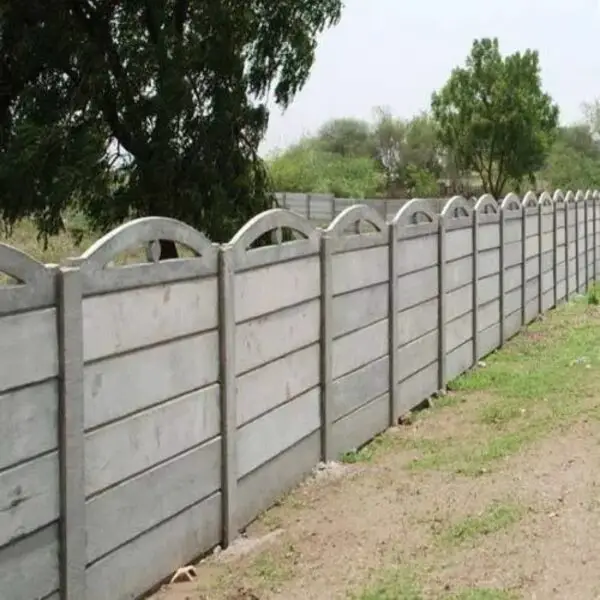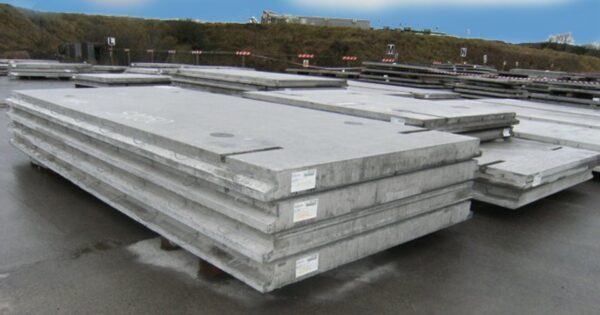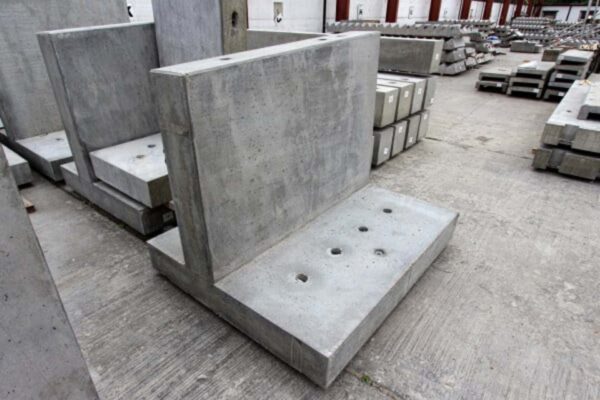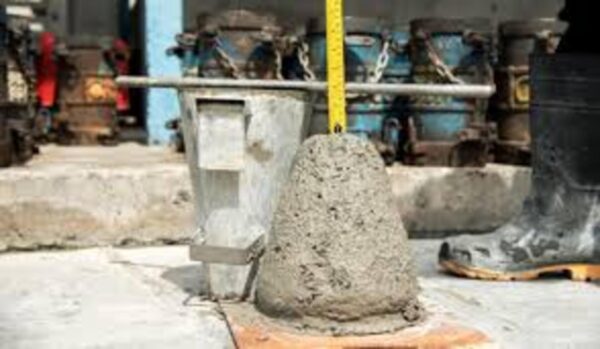6 Better Uses of Industrial Precast Concrete Walls in Construction
As infrastructure for warehouses, factories, and other industrial facilities grow to monumental scales, building materials must evolve to support immense spaces, heavy machinery, and nonstop operations in harsh environments. This is where industrial precast concrete walls provide unmatched strength, durability, and customization to reliably enclose and protect critical processes. Compared to traditional cast-in-place concrete or…






